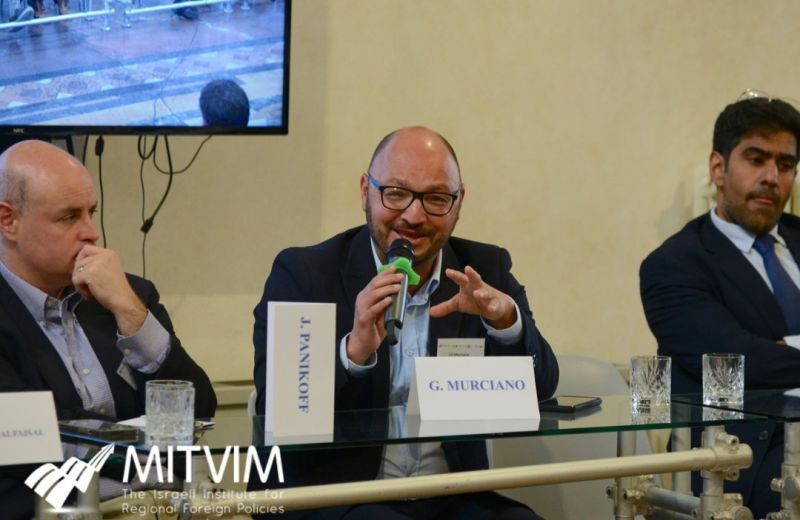
Dr. Gil Murciano at a conference
What is the role of civic foreign policy thinking in shaping regional security?

What is the role of civic foreign policy thinking in shaping regional security?
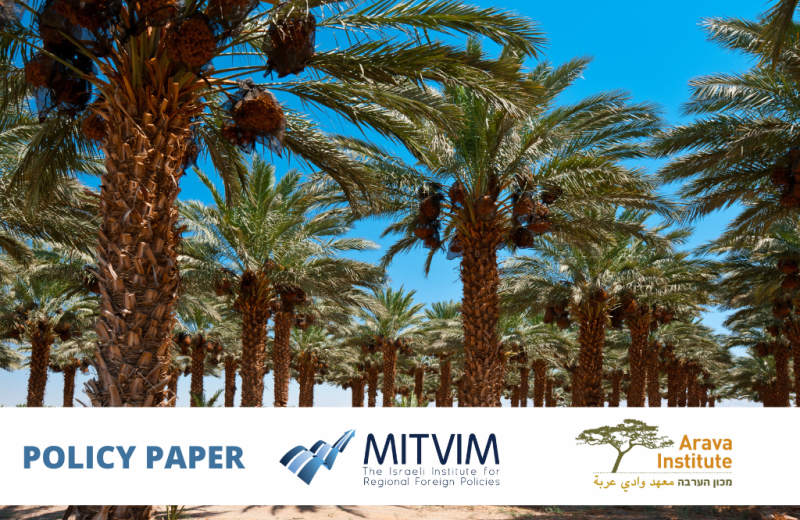
Food security has become a critical priority in recent years, driven by the growing impacts of global climate change. As countries develop strategies to ensure stable and sufficient food
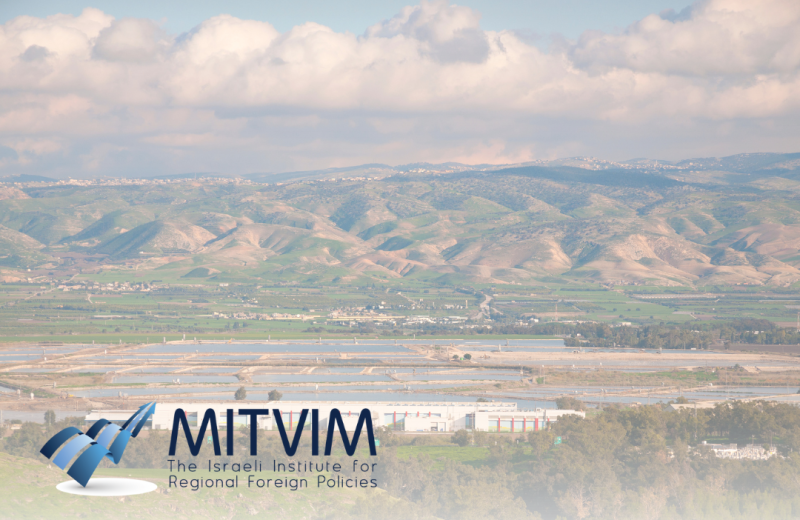
Relations between countries naturally ebb and flow. While high tides are often seen as a positive sign, low tides can strain these connections. As we mark the 30th anniversary of the peace

Recent attention has turned to Jordan, following the murders of three Israelis at the Allenby Bridge Crossing. These killings have reignited fears in Israel about a potential deterioration in
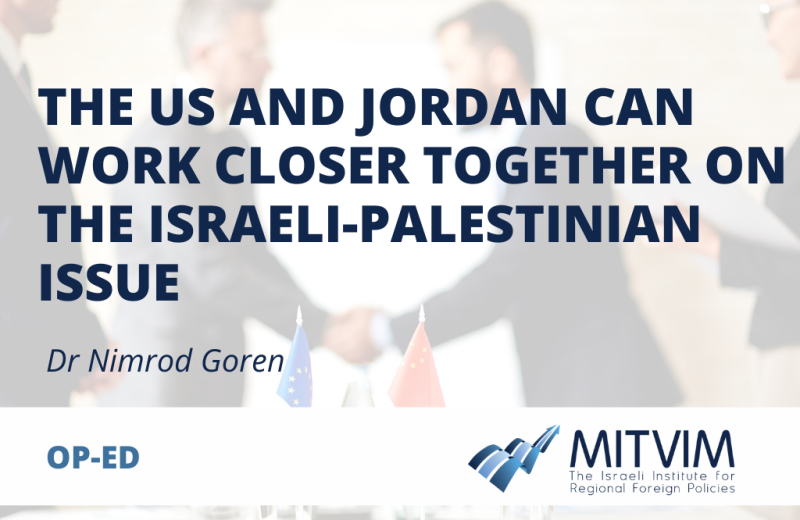
King Abdullah II bin Al-Hussein’s White House visit on Feb. 2 reflected that Jordan is a like-minded partner for the United States when it comes to preventing an escalation of the

Policy dialogue , July 2020
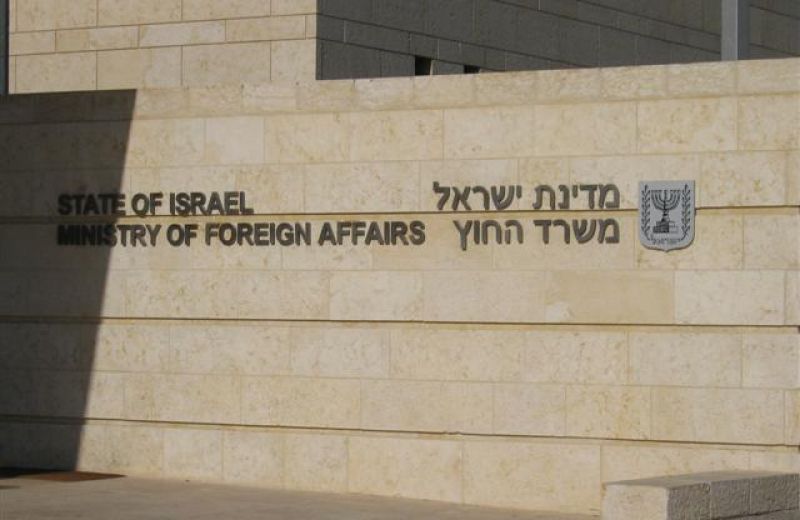
Israel’s new foreign minister should lead a process of fixing Israel’s foreign policy. This paper presents recommendations for messages he can convey and actions he can take to improve Israel’s
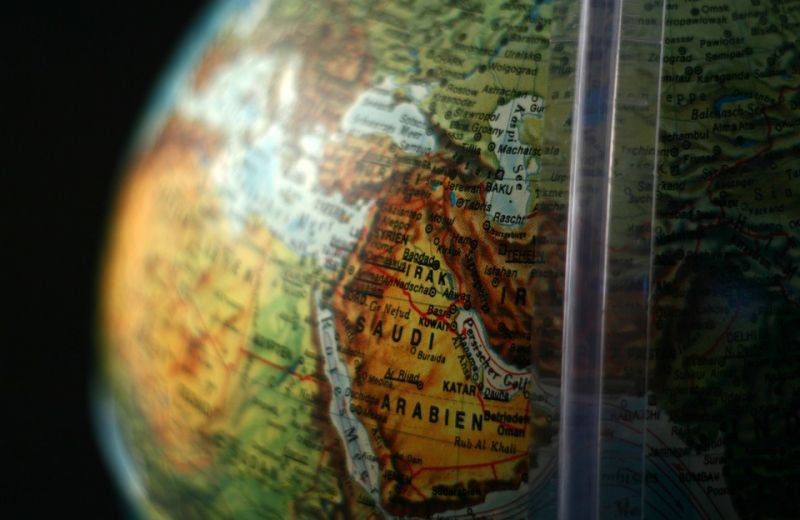
A series of policy papers by Mitvim experts
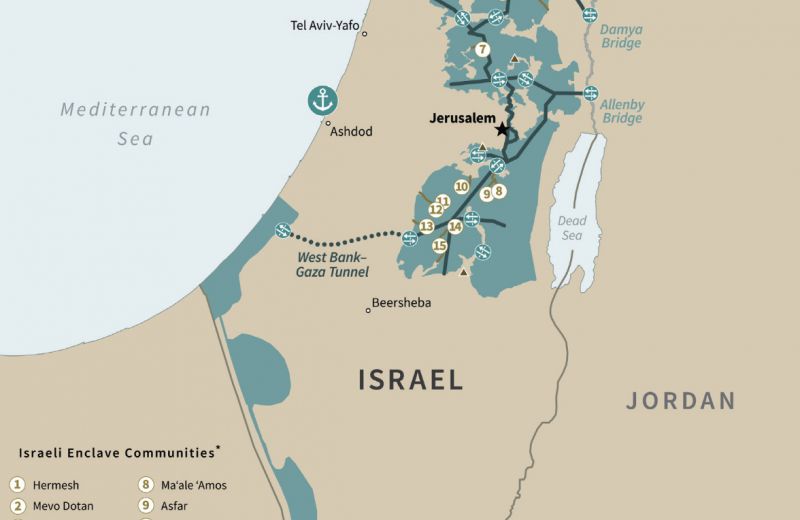
The issue of possible Israeli land annexation in the West Bank has become an endless source of spin for Israeli politicians. The hard-line right-wing Yamina party is accusing the right-wing Likud
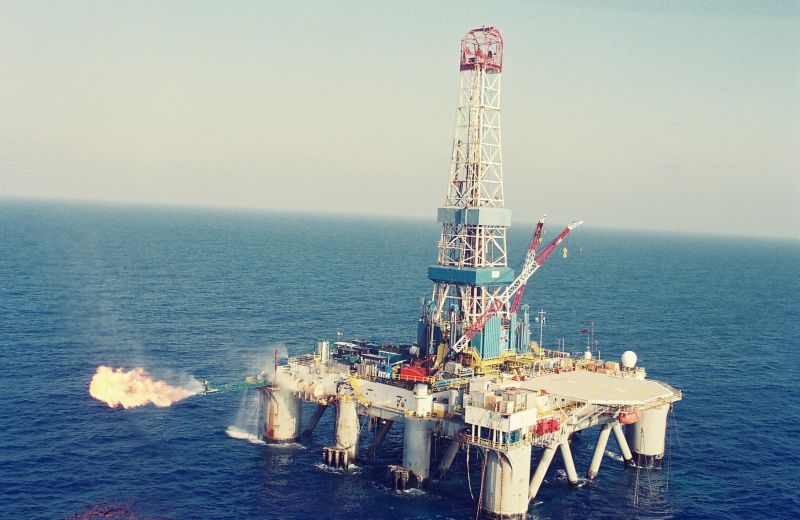
This paper focuses on the role of energy in shaping Israel’s policies towards the Mediterranean. It is based on the main points raised at the fourth meeting of the research and policy group on
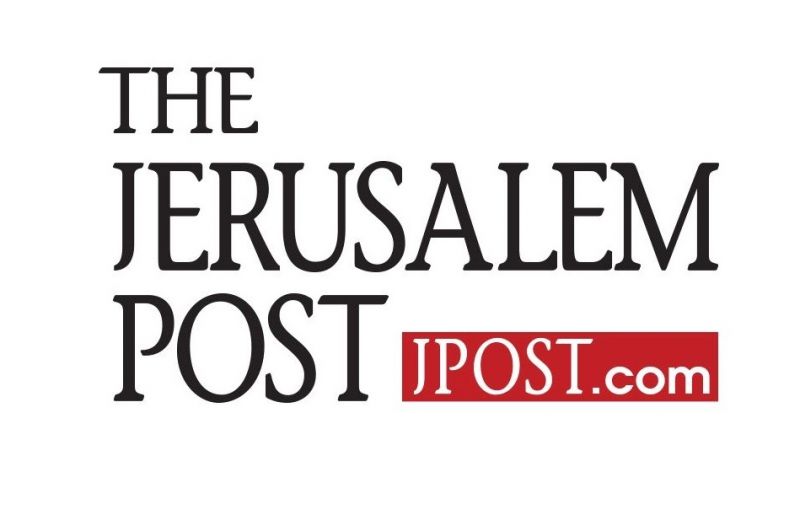
At the annual Munich Security Conference in mid-February, the most important event of its kind – to which Israel did not bother send a single senior representative this year, Saudi Arabian

With Washington trying once again to randomly sketch new Middle East maps, intellectuals, politicians and Arab journalists are dreaming of a fundamental change in attitudes and true normalization

A new international organization was born in the Mediterranean on January 15. In parallel to the joint statement by the Israeli and Egyptian energy ministers on the start of Israeli gas exports
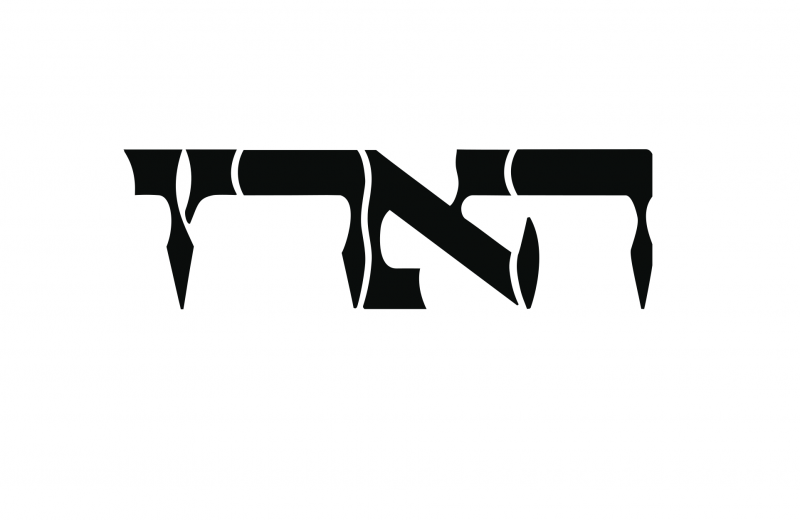
It is a special event when a peace plan for the resolution of the Israeli-Arab conflict commissioned by an American president is launched. But true to President Donald Trump’s record, his peace

Some 25 years after the historic peace agreement between Israel and Jordan was signed the time has come to restart the strategic relationship between the states and fuse the written words with

This document outlines major trends in Israel’s regional foreign policies over the past six months. It is based on the Mitvim Institute’s monthly reports that cover ongoing developments in the

On January 2, Prime Minister Benjamin Netanyahu will reportedly sign an agreement to export Israel’s natural gas via the proposed EastMed pipeline via Cyprus and Greece to Europe. The accord,
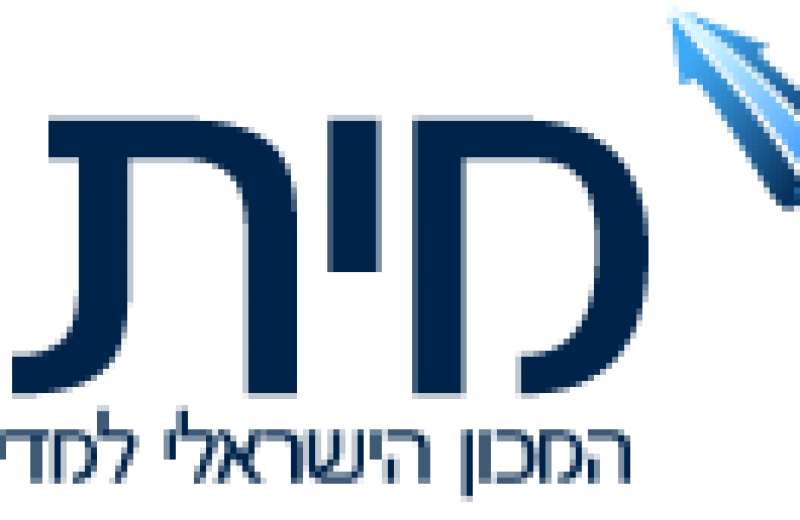
The Mitvim Institute 3rd annual conference provided an annual assessment of Israel’s regional foreign policies. It was held in Tel Aviv on 14 November 2019, in cooperation with the
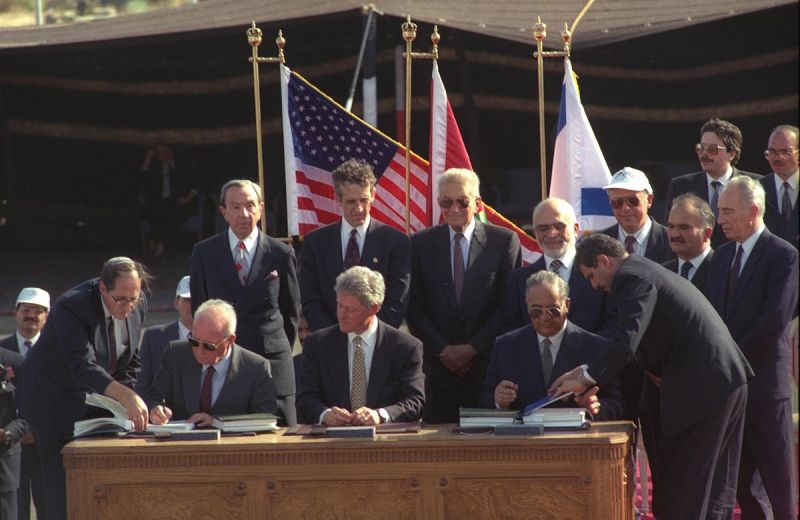
Towards the 25th anniversary of the peace treaty with Jordan, Mitvim experts visited Amman for a series of meetings with political, security, media and civil society figures in Jordan. The
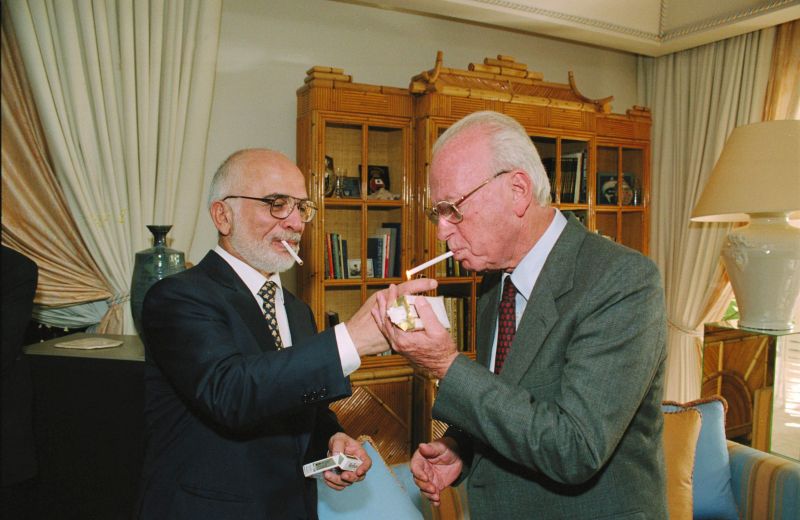
The question of the affinity between the Israeli-Palestinian track and the Israeli-Arab track is a contentious issue in Israeli public discourse. Prime Minister Netanyahu repeatedly claims that
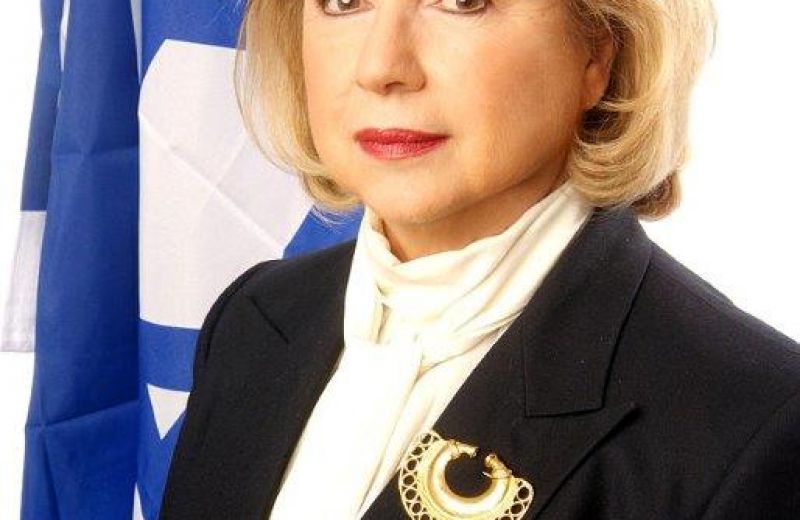
“In the last decade of the twentieth century, atlases, history and geography books no longer present an up-to-date picture of the world. Walls of enmity have fallen, borders have disappeared,

The 26th of October marked the silver jubilee of the Israeli-Jordanian peace treaty. The media emphasized the fact that no formal celebrations were held on both sides of the Jordan River. Indeed,
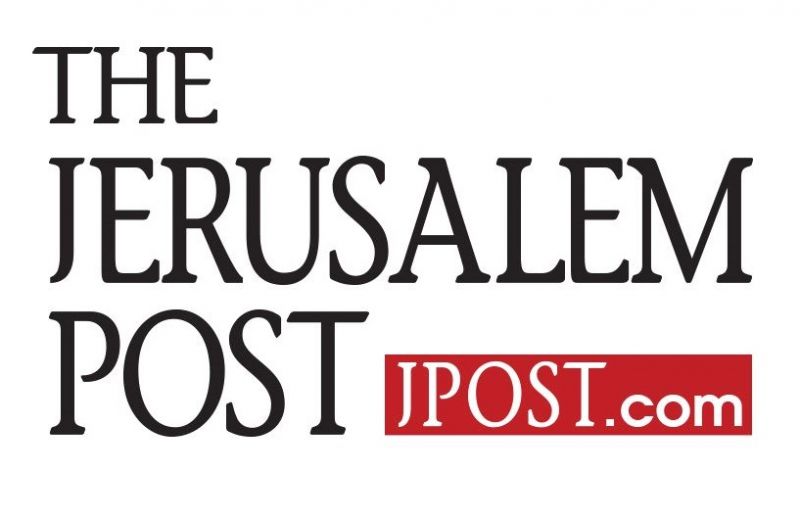
Jordan will not celebrate this month’s 25th anniversary of the festive signing of the historic peace agreement with Israel in Wadi Araba. The winds of reconciliation that blew at the time, the

This document outlines major trends in Israel’s regional foreign policies over the past six months. It is based on the Mitvim Institute’s monthly reports that cover ongoing developments in the

For the past two years, Mitvim Institute experts have been studying the changing relations between Israel and key Arab states – Egypt, Jordan, Saudi Arabia, Morocco, the United Arab Emirates and
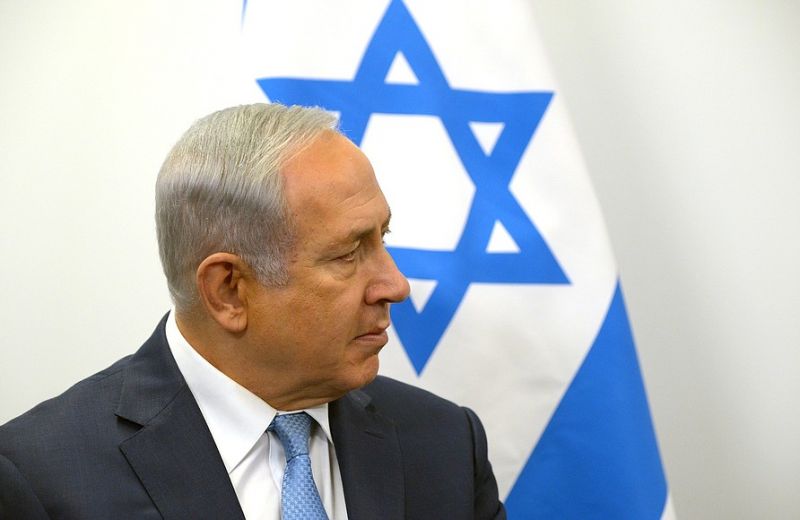
While the Israeli elections results do not yet provide clarity regarding the identity of the next prime minister or the composition of the next government, they do indicate that Netanyahu’s
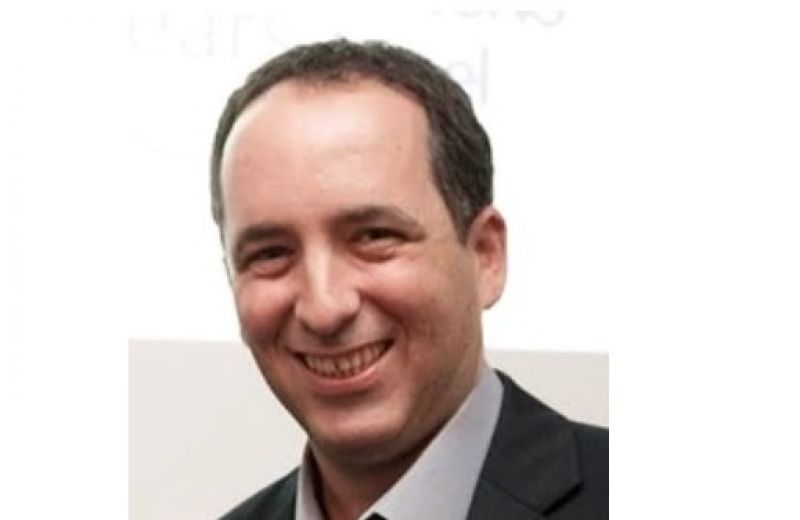
The economic workshop in Bahrain in late June produced some noteworthy moments that reflected recent changes in Israeli-Gulf relations: An interview of the Bahraini foreign minister by Israeli
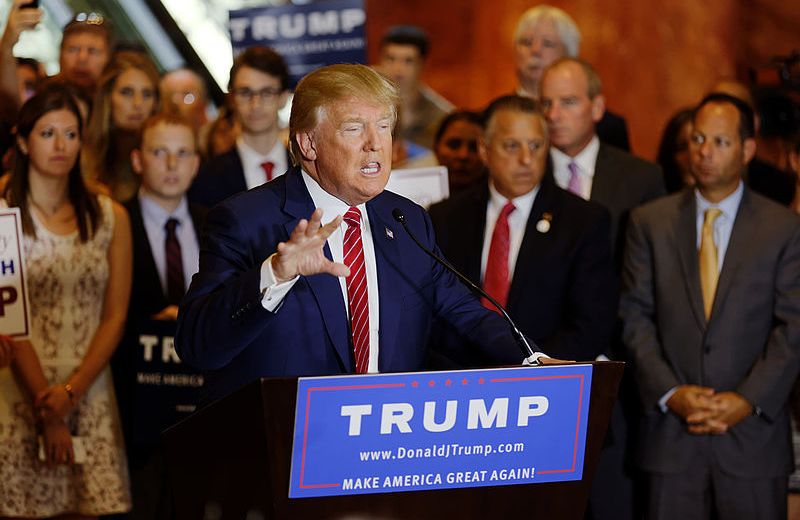
The White House announcement that it was convening an economic workshop in Bahrain appeared to mark the launch of a significant US move unveiling the Trump plan we have been hearing about – under

The June 25-26 economic workshop planned by the Trump administration in Bahrain is an attempt to put the economic carriage before the diplomatic horse. History shows that most international

In recent years, the Eastern Mediterranean has become a central focus of world powers, of states in the Middle East, Europe, and beyond, and of international corporations. Regional geopolitical

As the Purim holiday arrives, many are looking forward to a break from the country’s exhausting election cycle. But for Prime Minister Netanyahu, Wednesday evening was an opportunity to reinforce

The Eastern Mediterranean Gas Forum, launched in mid-January in Cairo, features a development of political importance which is a direct result of the natural gas discoveries in the region in

The mid-January regional meeting in Cairo, during which a new regional gas forum was announced by seven Eastern Mediterranean countries, illustrates the promising political potential embedded in

This document briefly outlines major trends in Israel’s regional foreign policies over the past six months. It is based on the Mitvim Institute’s monthly reports that cover ongoing developments

In the past few weeks it seems that Arab and Muslim countries have been competing with each other over Israel. Following news on back-channel intelligence ties with Saudi Arabia, Prime Minister

Israel’s Minister of National Infrastructures Energy and Water Resources Yuval Steinitz has announced that the governments of Israel, Greece, Cyprus, and Italy have reached an agreement to

The official visit of Prime Minister Netanyahu and Mossad chief Yossi Cohen to Oman turned the spotlight on this distant principality in the Gulf that is unfamiliar to most Israelis. Perhaps it

Less than 10 months after the resolution of the previous Israeli-Jordanian crisis, a new crisis may be sparked by King Abdullah’s recent decision not to renew the two annexes to the
The Red Sea basin includes 12 states with a combined population of around 300 million. On the eastern shore lie Yemen and Saudi Arabia. Jordan, Egypt, Saudi Arabia, and Israel share the Gulf of

The Middle East is a confusing area. On the one hand, it is highly volatile, with frequent changes throughout the region and in the domestic affairs of its countries. On the other hand, many

A serious overview of the Saudi media, as recently done by some MEMRI reports, shows a considerable improvement in the Saudi media’s treatment of Israel. These voices are important since they

Slowly but surely, with the help of Russia, Iran and Hezbollah, President Bashar Assad is regaining control over Syria. The process is still underway, but all the regional actors realize that
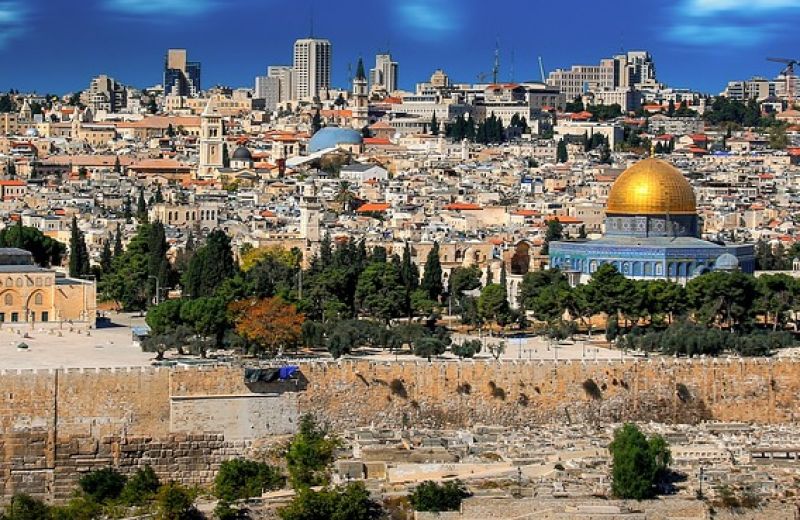
This document briefly outlines major trends in Israel’s regional foreign policies over the past six months. It is based on the Mitvim Institute’s monthly reports that cover ongoing developments

Diplomatic engagement between countries in the Eastern Mediterranean presents the opportunity for greater regional cooperation on a range of issues, including policy, security and economic

On 29 May 2018, the Mitvim Institute and the Leonard Davis Institute held a joint conference devoted to the unfulfilled potential of Israel’s relations with Arab countries. The conference took

In recent weeks, Saudi officials made statements that were interpreted in Israel as a change of attitude in Saudi Arabia towards the Israeli-Palestinian conflict. According to Israeli Channel 10,
Of the many formidable foreign policy questions facing Israel as it celebrates its 70th anniversary, the most auspicious is how the Jewish State should adapt to a multipolar world. The urgency to
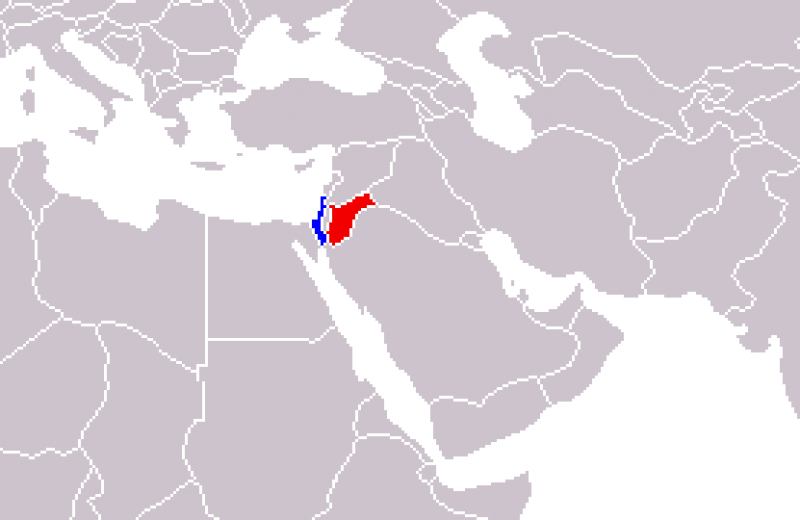
The history of Israel-Jordan relations displays long-term strategic cooperation. The formal peace agreement, signed in 1994, has become one of the pillars of the political-strategic stability of

Israel and Jordan have recently reached understandings to overcome a bilateral crisis, triggered by the incident at the Israeli embassy in Amman on July 2017. These understandings enabled the
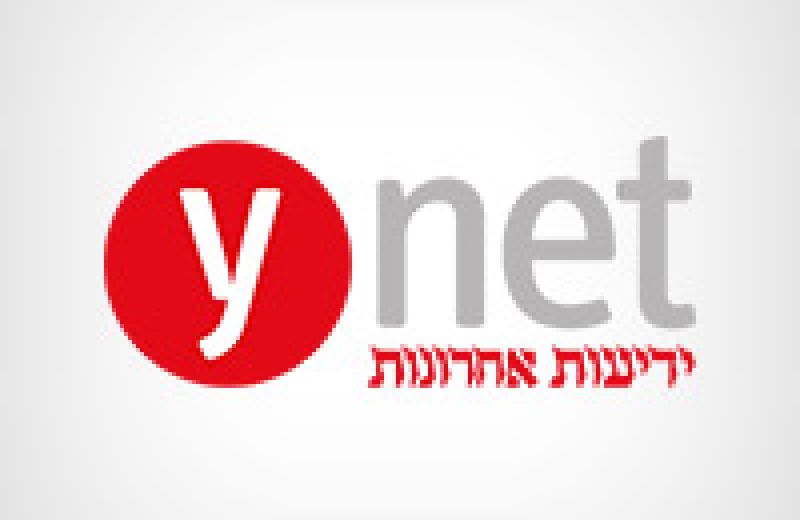
After a six-month diplomatic crisis between Israel and Jordan, a new Israeli ambassador – Amir Weissbrod – is expected to arrive in Amman soon to fully resume the embassy’s operations. This will
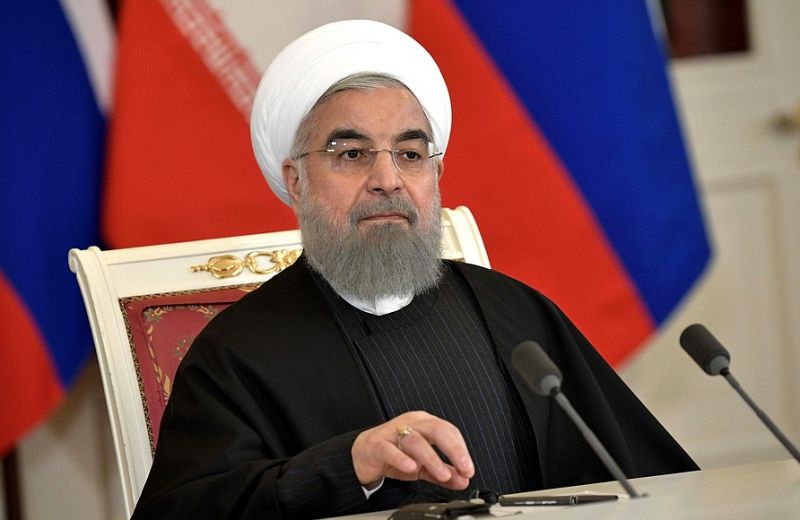
After an Iranian drone entered Israeli airspace 10 February 2018, Israel responded by striking Iranian and Syrian targets in southern Syria. Anti-aircraft fire led to the downing of an Israeli

Six months after an Israeli security guard killed two Jordanian citizens (his attacker and a second man who was shot accidentally), the solution for the crisis which marred relations between the
MK Ksenia Svetlova (Zionist Union) and the Mitvim Institute held a joint conference at the Knesset on the crisis in Israel-Jordan relations. The conference took place on 10 January 2018, after

On 22 March 2017, the Mitvim Institute hosted Dr. Abdullah Swalha for a briefing on Jordan’s foreign policy and its relations with Israel. Dr. Swalha, founder and director of the Center for
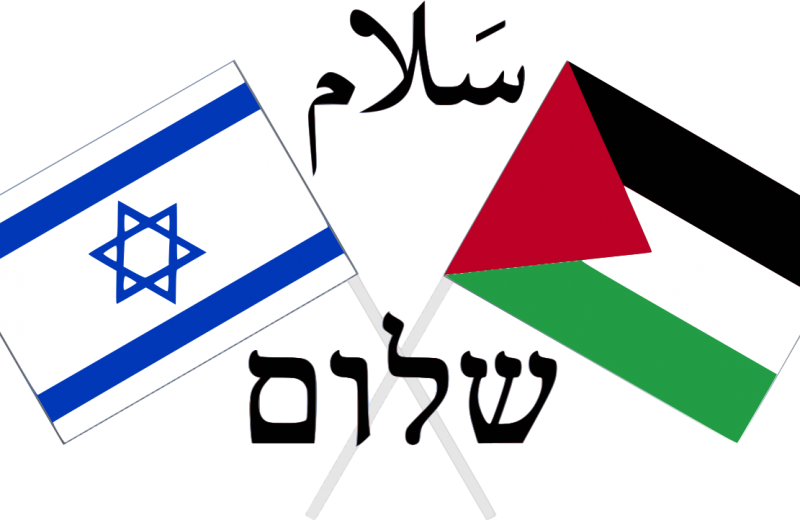
Given ongoing stagnation in the peace process and the new American administration, the Mitvim Institute convened a policy-planning roundtable to discuss which steps the international community

Prime Minister Netanyahu succeeded in injecting his regional approach into the policy vacuum that characterizes President Trump’s first weeks in office. Since 2014, Netanyahu has declared at home

Israel has come to see its geo-political location in a negative light, mostly as a result from the Arab-Israeli conflict and its subsequent regional isolation. As a consequence, it has developed
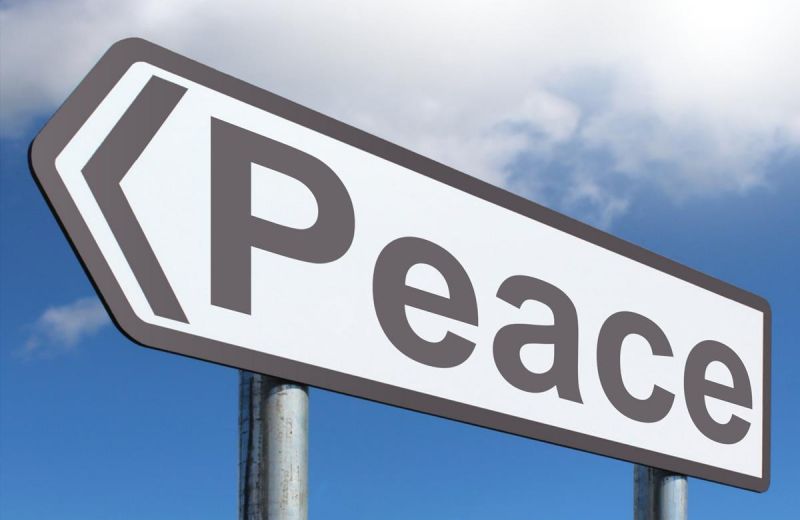
A resolution to the Arab-Israeli and Palestinian-Israeli conflicts is a vital national interest of Israel and must be a central goal of its foreign policy. The status quo is unstable and time is

Over the past two years, the Israeli discourse has frequently included terms like “an opportunity to promote regional cooperation,” or “regional initiative.” This discourse is not limited to the
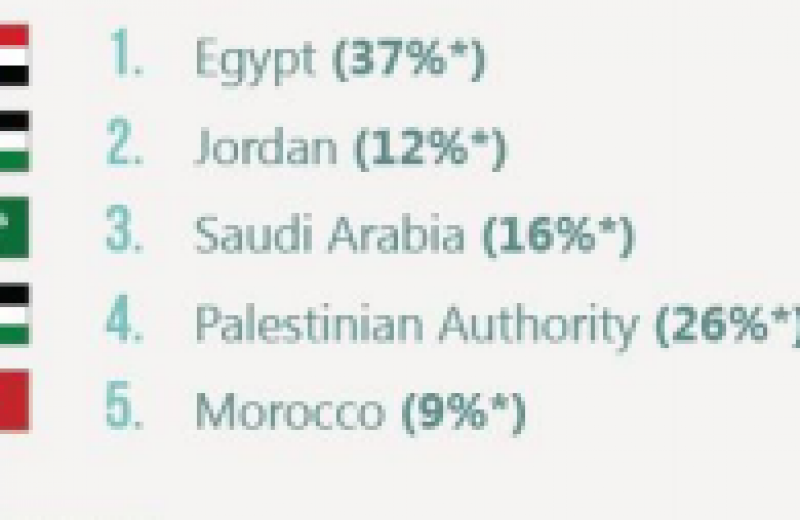
Israelis see high importance in advancing cooperation with Egypt, while cooperation with the Palestinian Authority is of low priority. This is the main finding from a public opinion poll
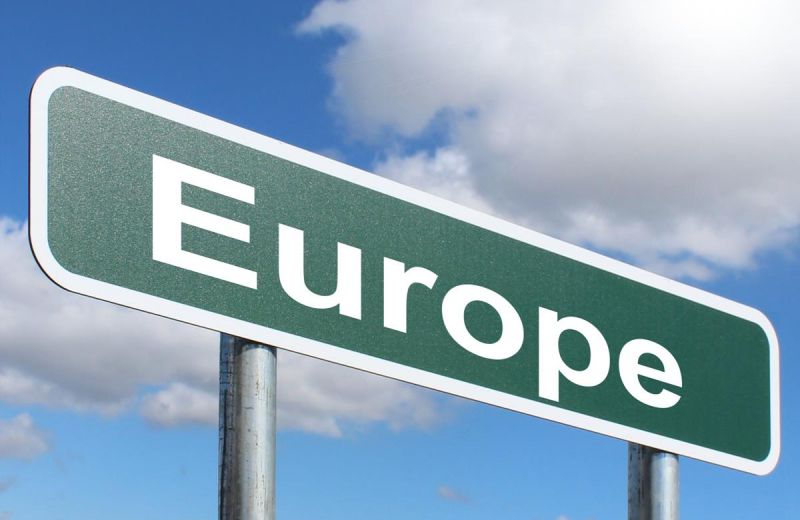
Some 100 representatives of approximately 75 leading think tanks and research centers from across the Middle East, North Africa and the European Union (EU) gathered on 8-9 October 2015 in Milano

As violence between Israelis and Palestinians escalated amid diplomatic stagnation, the United States Institute of Peace (USIP) and Mitvim – The Israeli Institute for Regional Foreign Policies

Dr. Abdullah Swalha, Director of the Center for Israel Studies in Jordan, was the keynote speaker at a symposium held by Mitvim – The Israeli Institute for Regional Foreign Policies on 13

A few months ago, former Justice Minister Tzipi Livni traveled in secret to New York to a meeting attended by the foreign ministers of several Arab countries, Arab League officials and European

The Arab Spring was initially embraced with much enthusiasm and hope in the West. In Israel, however, it has been generally perceived as a threat to national security. Israel’s official policies

